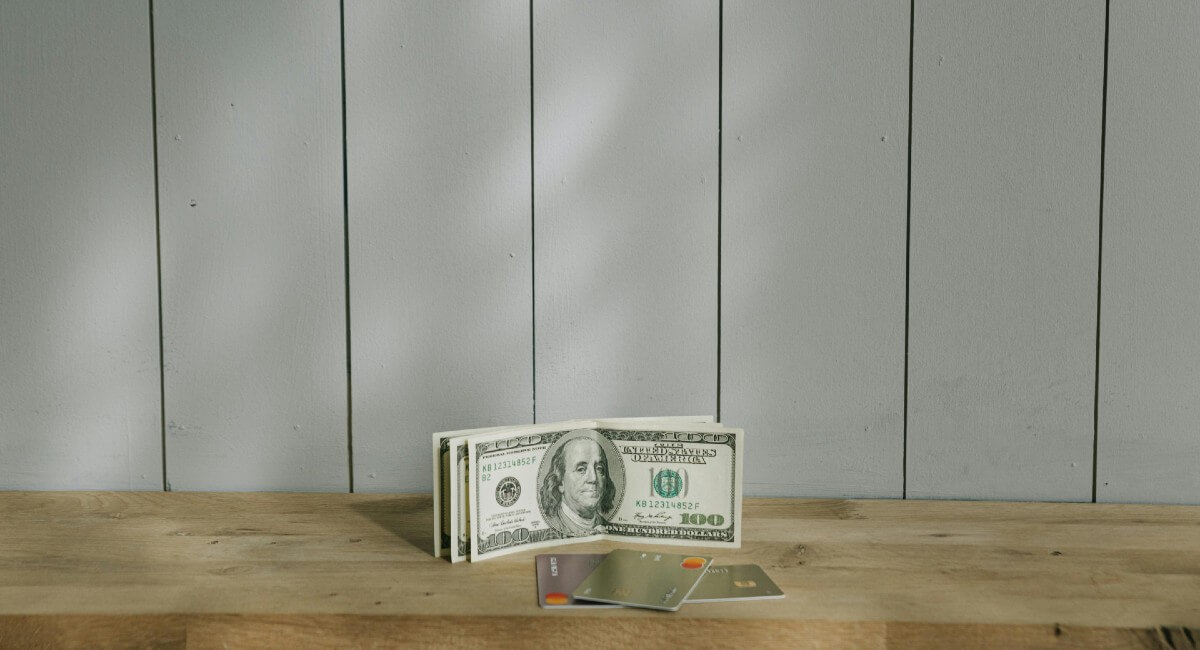How to build a budget you'll actually stick to
Wealthist
Financial insights for everyone

If the word "budget" makes you think of spreadsheets, restrictions, and cutting back on anything fun, we get it. Most budgeting advice feels like it was written by someone who's never had to choose between rent and groceries. But with a little bit of planning and monitoring, you will start to see where your money is going and how you can save more of it.
Budgeting doesn't have to feel like punishment. It's not about saying no to everything. It's about saying yes to the stuff that actually matters, and making sure future-you isn't stressed out and broke.
Let's build a budget that fits your real life. One you can actually stick to without feeling like you're constantly messing up.
Start with your real numbers, not your ideal ones
Forget what you think you should spend. Start with what you're actually spending. Pull up your last month of transactions and add up how much went to housing, groceries, eating out, subscriptions, shopping, etc. every dirty detail (we won't judge).
No shame, no judgment... this is just data. Knowing where your money is going now is the first step to redirecting it where you want it to go.
Pick a system that works with your lifestyle
There's no one-size-fits-all budget. The key to budgeting is picking a system that fits how you think and live.
A great starting point is the 50/30/20 rule: 50% of your money for needs, 30% for wants, and 20% for saving or paying off debt. If you haven't been able to save yet, paying off debt like your credit card, can help.
It's flexible enough to adjust as life changes, which is exactly how our Wealthist budget tool is designed. Whether you're paid biweekly or on freelance income like driving for Uber, saving for a trip or digging out of debt, our tool adapts to you. No complicated charts. Just clean, modern tracking that helps you stay on top of your goals.
Automate the hard parts
Manually managing every expense is exhausting. Use automation where you can.
- Auto-transfer to savings right after payday. This is an amazing way to pay yourself first. Whenever you get paid, immediately shave off that little bit into a savings account to ensure you have a rainy-day fund for emergencies. High-yield savings accounts even help your money grow while you're saving.
- Auto-pay for bills to avoid late fees. Making sure your bills are paid is something that will help your credit score. The higher your credit score, the lower the fees and interest rates will be when you borrow.
- Bank alerts or weekly recaps to stay aware without micromanaging yourself. Pretty much every bank has an app that can alert you when your balance is low, or when you receive a deposit. Take advantage of this to make sure you aren't constantly checking your account to make sure you're doing ok.
It's a little like setting up bumpers in a bowling lane. Automation makes it way harder to throw a gutter ball.
Plan for real life, not fantasy life
Leave space for being human. That includes last-minute drinks with friends, Shopping runs that get out of hand, and weird expenses like wedding gifts or car repairs.
Build in wiggle room and Label it whatever you want — "misc," "chaos fund," "life happens." Just don't pretend surprises won't happen. They always do.
Track progress, not perfection
You will overspend some months. You'll forget a subscription. You'll order takeout on a week you promised yourself that you'd cook. It's fine.
Budgeting isn't about being perfect. It's about being intentional - even when things go off track.
The real win is noticing when it happens and adjusting instead of giving up.
TL;DR
- Track what you're doing now, not just what you wish you were doing
- Choose a simple budget system (like 50/30/20)
- Use tools (like Wealthist) that fit your style, not fight it
- Automate wins and expect setbacks
- Progress over perfection... always
A good budget shouldn't control your life. It should give you the confidence to spend, save, and plan on your terms... with room to live.